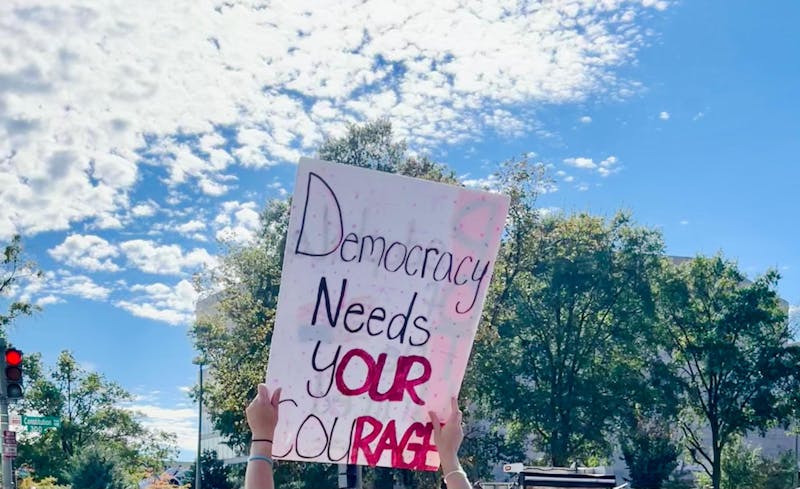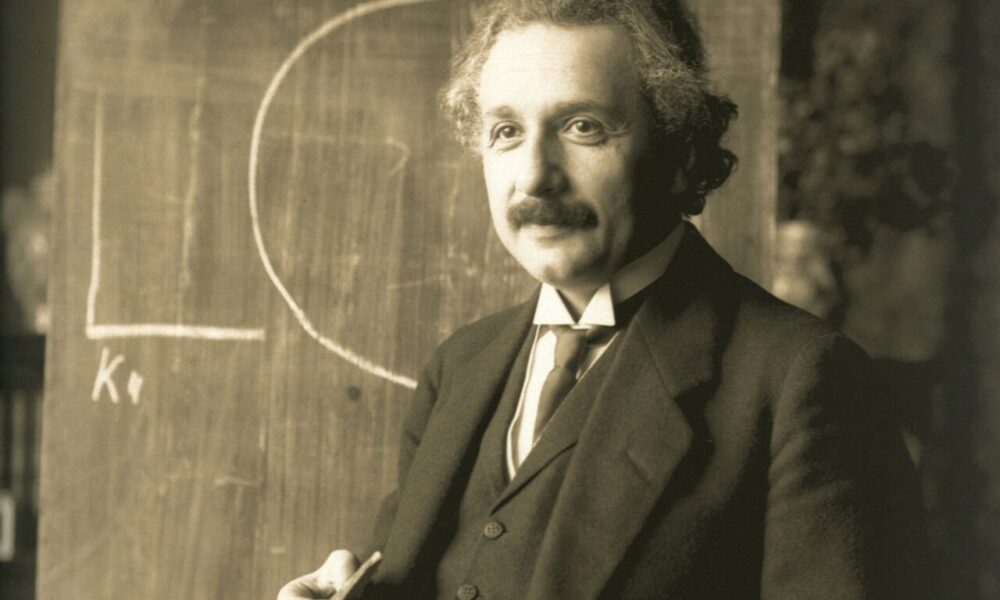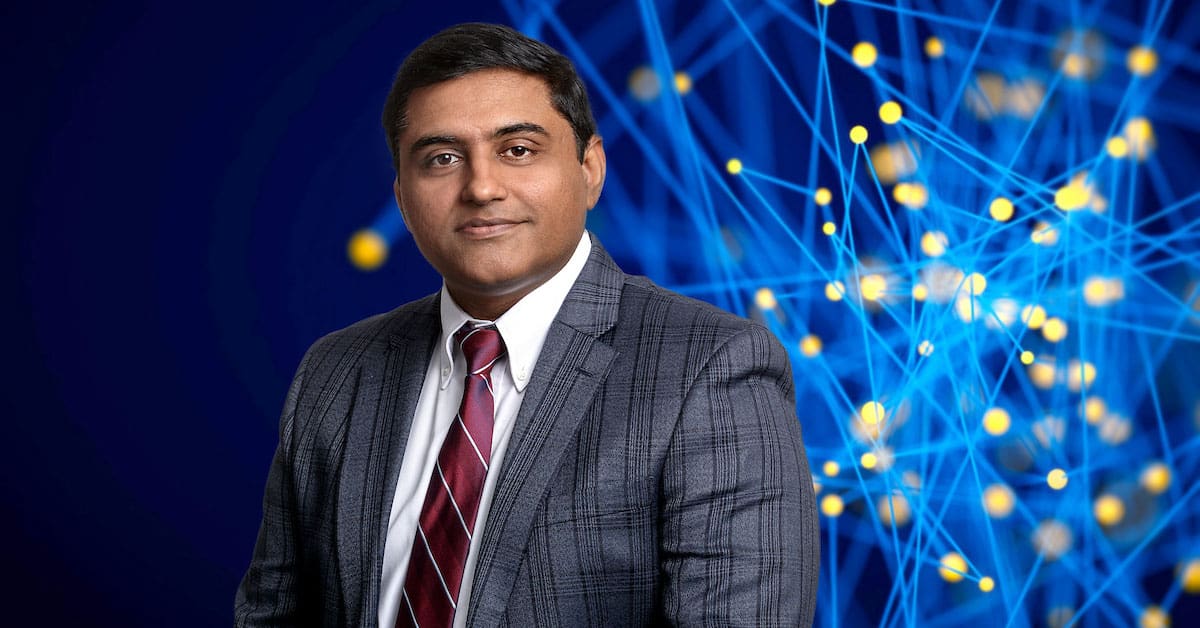On October 26, 2025, Deviana Dewi, a PhD candidate at Johns Hopkins University, expressed concerns over the erosion of core American values such as freedom and equal opportunity. In her view, recent proposals regarding skilled foreign worker visas threaten the foundational principles that have long characterized the United States.
Dewi highlights the historical context of American universities as centers of innovation, rooted in a tradition of government support for research. This commitment traces back to 1945 when wartime science advisor Vannevar Bush, at the behest of President Franklin D. Roosevelt, argued for federal backing of university research in his influential report, *Science, The Endless Frontier*. This investment, according to Dewi, was crucial for national security, economic growth, and public health, particularly in the wake of World War II.
At the heart of Dewi’s argument is the concept of freedom, which she defines not as license, but as the right to act in accordance with the law and moral principles. She references Pope Saint John Paul II, who stated, “Freedom consists not in doing what we like, but in having the right to do what we ought.” For Dewi, the law serves as a necessary guide to help individuals distinguish right from wrong, ensuring that freedom is exercised responsibly.
The recent political landscape, however, raises alarms for Dewi. She expresses deep concern over the implications of proposals like the $100,000 fee for H-1B visas and the American Tech Workforce Act, which aims to end the Optional Practical Training (OPT) program. Both measures, she argues, could undermine the meritocratic principles that have historically attracted global talent to the U.S., potentially driving skilled workers to more welcoming countries such as the United Kingdom or Canada.
Dewi points out that since the introduction of the H-1B visa in 1990, individuals who came to the U.S. under this program have contributed significantly to economic growth. She cites examples like Elon Musk, who immigrated to the U.S. on an H-1B visa and founded companies that have become symbols of American innovation.
The proposed fee, intended to prioritize American workers, contradicts the long-standing openness of the U.S. job market. Dewi argues that such moves not only threaten the livelihoods of foreign skilled workers but also damage America’s reputation as a land of opportunity.
In her view, the current political climate encourages divisive partisanship, complicating healthy debate on policy issues. She observes that discussions often devolve into “whataboutism,” where rather than addressing concerns, individuals deflect by raising unrelated issues. This undermines the potential for productive discourse centered around shared values.
Dewi emphasizes that values play a pivotal role in shaping judgment and, subsequently, the institutions built upon those judgments. She cites her PhD committee member, Professor Tom Pepinsky, who notes that “the root of the problem in U.S. politics is a crisis of values.” Without a common set of values, institutions risk becoming mere expressions of power.
The implications of such a crisis extend beyond foreign workers to the broader fabric of American society. Dewi encourages international students and other concerned citizens to engage with their elected representatives. She shares her experience with a roommate who worked on Capitol Hill, underscoring the importance of citizen voices in shaping policy.
Ultimately, Dewi’s advocacy is rooted in a belief that hope drives action. As she reflects on her journey as a first-generation college student from Purwakarta, Indonesia, she sees her role as a witness to the struggles for justice and equality. In the Jubilee Year of 2025, designated by Pope Francis as a time for “Pilgrims of Hope,” Dewi calls for collective action to defend the freedoms and values that define the United States.
Her message is clear: hope is not merely a passive sentiment but a call to engage actively in the pursuit of truth and justice.







